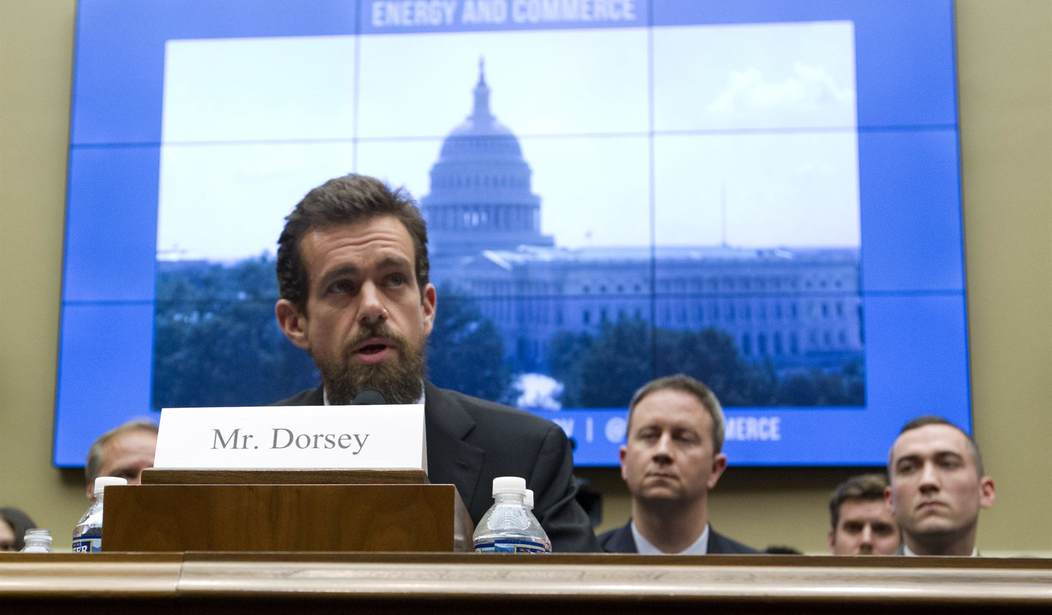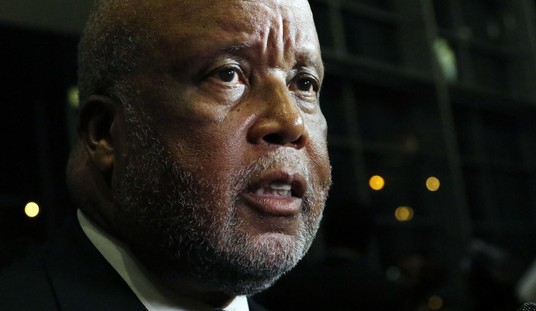Conservatives and patriots could be forgiven for believing, in the heat of a presidential election, that overcoming the Biden-Harris ticket in 2020 will be enough to preserve the American Way for our children and grandchildren.
But, unfortunately, that's a gross oversimplification of the threats to our liberty. There’s a more significant threat critiqued by Republicans and Democrats alike that’s lurking in plain sight — and that’s Big Tech.
Everyone knows that the "legacy media" — crusty old journalistic powerhouses like The New York Times, The Washington Post, and the mainstream network news — are running on fumes. Their readership and viewership are shrinking, and their ability to manipulate our political system is fast diminishing. Thank heavens for that!
However, the bad news is that a new media — social media — is just as quickly taking the legacy media's place. And its influence is arguably more pervasive and insidious than the Gray Lady or Walter Cronkite ever dreamed possible. What's worse, the tentacles of social media have multiplied in the context of the coronavirus pandemic. It is no exaggeration to say that the very survival of our democracy is imperiled by Big Tech's near monopoly over social and political thought.
President Trump realizes the danger that Big Tech poses. He wants to crack down on the unhealthy market domination that companies like Google, Facebook, Twitter, and YouTube enjoy — and which officials in these companies readily admit when they critique one another. Furthermore, Trump has taken them to task for their unfair and illegal persecution of conservatives, even while giving aid and comfort to the most violent and extreme leftists. The social media thought police have targeted President Trump personally, so he knows what he's talking about.
Recommended
A strong bipartisan majority in the U.S. Congress has also taken the Big Tech giants to task. Republicans in the House and Senate have proposed a range of countermeasures to Big Tech's war on conservatives and free speech. The Democrat-led House Judiciary Committee even launched a "top-to-bottom" antitrust probe of Big Tech, and The Wall Street Journal reported on September 30th that the Antitrust Subcommittee may go as far as to recommend forced breakups.
But, despite all this, achieving the effective containment of Big Tech has been extremely difficult. That's why it's so important that the Department of Justice’s Antitrust Division not unintentionally undermine the coming battle against Big Tech before it even gets started.
The legal particulars are mind-numbingly complex, but in simple terms the Antitrust Division is considering weakening the terms of the "antitrust consent decrees" that the Department of Justice uses to police the monopolies that two organizations, ASCAP and BMI, hold in the music marketplace. Basically, these decrees allow the government to prevent these monopolists from price gouging businesses — like restaurants, hotels, retail stores, and bars — for the right to play copyrighted music. Weakening the decrees means ASCAP and BMI could potentially run roughshod over whomever enjoys listening to music — in other words, everyone!
And this is where Big Tech comes in. If the federal government is ever to devise a successful formula for bringing Big Tech to heel — for ensuring that these social media titans do not misuse their market domination to silence dissent and manipulate their customers, who are also voters — then it will almost certainly be the tool of the "antitrust consent decree" that makes this modus vivendi possible.
In other words, now is the worst possible time for the Antitrust Division and the DOJ to strike a blow against the ASCAP and BMI decrees, because they serve as a precedent — a rare and valuable precedent — for future, and sorely needed, federal efforts to discipline Big Tech.
As Turning Point USA Chairman Charlie Kirk — who took the Big Tech giants to task at the Republican National Convention — recently made clear in The Washington Times: "…the Antitrust Division is considering relaxing what is effectively the lowest common denominator for antitrust law now, during an unprecedented economic crisis and right as the DOJ is getting ready to take unprecedented action against Big Tech's monopolistic and anti-competitive practices. Doing so could stall the progress of the Big Tech investigation and limit the legal options at the Department's disposal."
Anyone who cares about our democracy's future and fears the omnipotence of Big Tech needs to make it clear to the Antitrust Division that their revisions to the ASCAP and BMI consent decrees are unwelcome and ill-timed. We need every tool in our toolkit ready and available to achieve the containment of Big Tech. Otherwise, it will be social media CEOs who will hold sway over the federal government — for decades to come — rather than the other way around.
Let's not act hastily to weaken the DOJ's antitrust powers.
Our freedoms depend on it.
Dr. Nicholas L. Waddy is an Associate Professor of History at SUNY Alfred and blogs at: www.waddyisright.com. He appears weekly on the Newsmaker Show on WLEA 1480/106.9.

























Join the conversation as a VIP Member